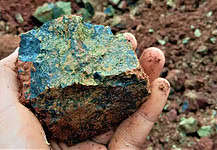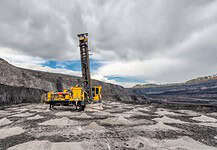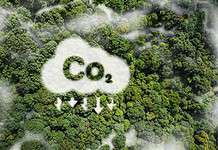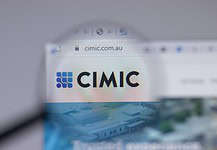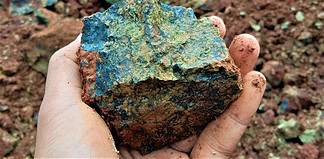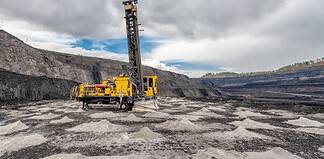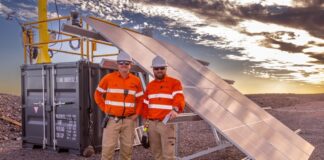The Federal government is confident a new investment partnership with India can unlock mutual benefits for both countries from Australia’s world-leading critical minerals sector.
Australia’s Minister for Resources and Water, Keith Pitt, has announced $5.8 million in funding to support a three-year Australia-India Critical Minerals Investment Partnership.
“Australia and India are natural partners sharing mutual strategic and economic priorities and this Partnership will support further Indian investment in Australian critical minerals projects,” Minister Pitt said.
“It is the first of its kind and represents a step-change in how countries can work together to support key industries and pursue growth opportunities.
“Our combined capabilities will take on the challenge of resourcing the emerging technologies used in sectors such as defence, aerospace, automotive, renewable energy, telecommunications and agritech.
“India is forecast to become the world’s most populous country within two years. Its fast-growing economy will create more trade and investment opportunities, so it is important Australia continues to build close ties with India,” Minister Pitt said.
Minister Pitt said Australia will work closely with India to identify potential critical minerals investment opportunities, including technical and due diligence exercises which can assist development of a business case for prospective Indian investment in Australia.
“With our vast quantities of development-ready critical minerals projects and reputation as a reliable trading partner, Australia is a logical choice as India looks to secure its supply chains,” Minister Pitt said.
“The partnership will encourage strong, strategic supply chain partnerships, including through technical studies that will support investment in Australian critical minerals projects.”
Australia’s resources of critical minerals like antimony, cobalt, lithium, manganese ore, niobium, tungsten and vanadium, rank in the top 5 globally.
Australia is also the world’s top producer of lithium, rutile and the second largest producer of zircon and rare earth elements.
The global race to further introduce Electric Vehicles into the market has led to a surge in interest in Australia’s rich battery metal supplies of lithium, nickel, cobalt, copper and manganese.



